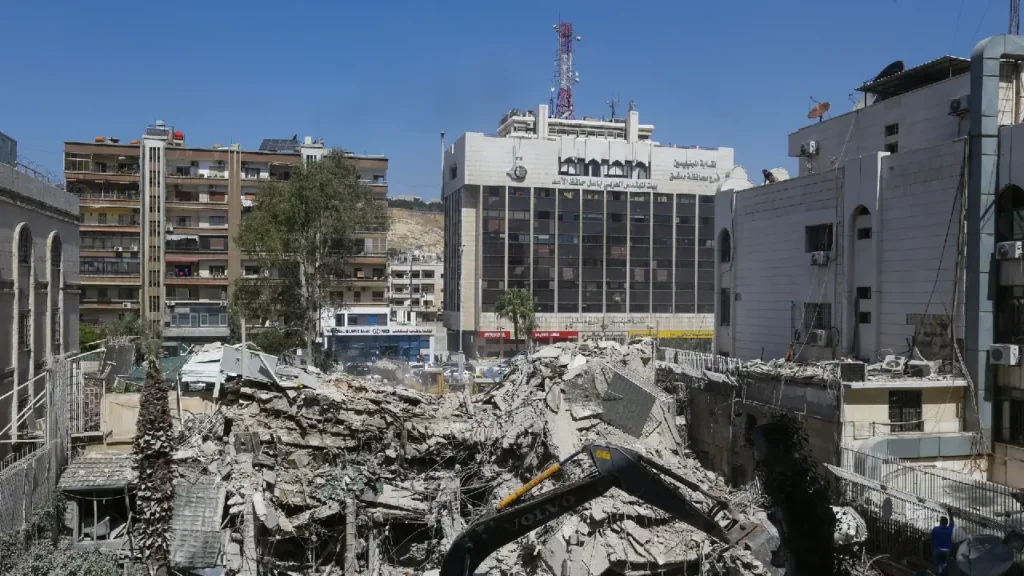Iran replied with measured restraint after Israeli airstrikes repeatedly landed on a few of the nation’s military installations: Iran’s Supreme Leader Ali Khamenei urged people to calm down but also caution them against “exaggeration and exaggeration and magnification of the matter in the way it shouldn’t be exaggerated nor it be underplayed.” Those are reactions for Iran firing multiple salvos of missiles earlier into Israel.
According to President Masoud Pezeshkian, Iran wants no escalation but reserves the right to “defend the nation’s interests.” Official Iranian sources have claimed minimal impact despite damage to Iranian air defenses and missile production from the airstrikes. Most Israeli missiles were reportedly intercepted.
The latest episode has heightened the tensions between the two nations lately. Gulf nations have reportedly shown concern after Israeli strikes over what Iran may eventually do, especially with their oil facilities. The situation has been escalated since Hezbollah, an Iranian ally in Lebanon, continued skirmishes with Israel and has raised fears of a more global regional conflict.
In these developments, efforts for peace are severely tested. Egyptian President Abdel Fattah al-Sisi has offered a short two-day ceasefire in Gaza if it is tied to an exchange of hostages and prisoners, but Hamas insists on Israel’s full withdrawal from Gaza and prisoner release conditions that go beyond what Israel has been willing to accept so far. The West has called on both Iran and Israel to prevent further escalation that could spark a full-scale regional war.
This has been a fluid conflict that has underlined the thin line in Middle Eastern geopolitics, as both threaten and prepare for further escalations. Regional and global stakeholders remain vigilant, since retaliatory measures from either side will have a telling effect on the already volatile security landscape.
